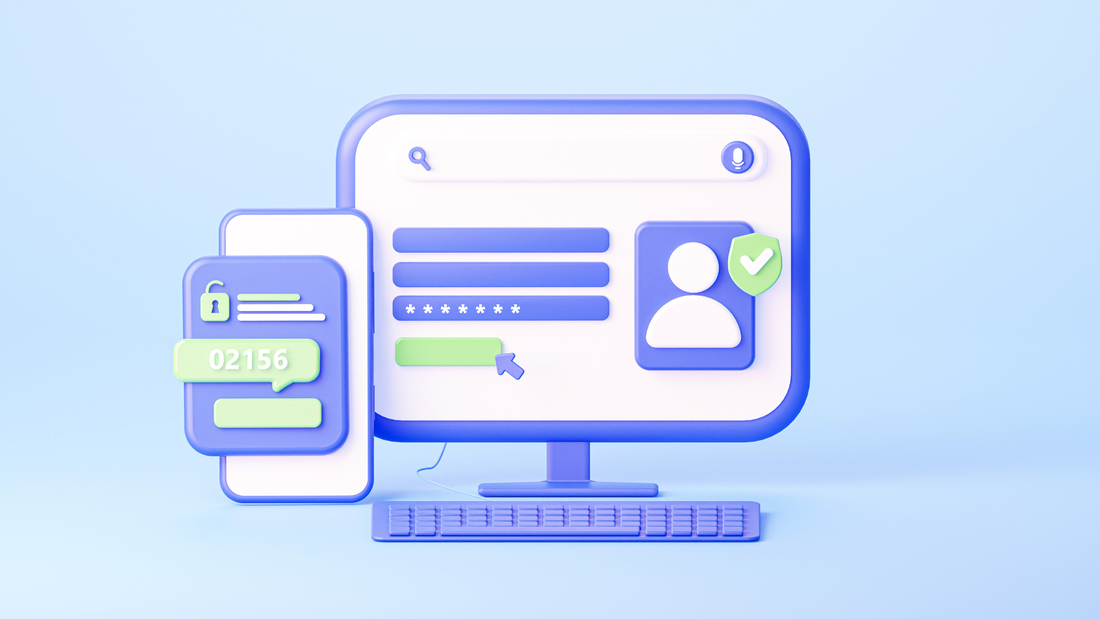|
State legislatures are passing age-verification laws that require users to upload driver’s licenses or passports to view pornographic material. This is well-meaning – and arguably necessary – legislation to protect children from viewing hardcore pornography online. Such a solution, however, has a drawback that needs to be addressed in legislative language. It leaves the door open for potentially catastrophic data privacy breaches – not to mention granting the FBI and other government agencies immense power, in the words of a declassified government report, to “facilitate blackmail, stalking, harassment, and public shaming.”
In 2022, Louisiana passed HB 142, holding porn sites liable for failing to “perform reasonable age verification methods.” The bill sailed through the legislature with bipartisan support. Since then, six states have passed similar laws. Sixteen others have introduced them. Pornhub responded with suits against Louisiana and Utah, and has ceased doing business altogether in Arkansas, Mississippi, Utah, and Virginia. Today, if you visit Pornhub from an IP address in one of those states, the only thing you’ll see is a video message from porn star Cherie DeVille explaining why you can’t see her with her clothes off. DeVille’s message is a simplified version of arguments made by the Free Speech Coalition, a porn industry advocacy and trade group. One of the solutions offered by that group is to verify age by device. It would be child’s play, however, for hackers and government(s) to deanonymize IP addresses. Whether we adopt either age-verification solution – those of the legislators or those of the porn industry – a risk is created that hackers and the FBI can exploit adult’s private browsing histories. It’s not like there’s no appetite for government to use personal information. Documents obtained through a Freedom of Information Act request show that the Defense Intelligence Agency uses commercially available data for “cover operations.” The FBI has a team dedicated to parsing cell tower data. A multitude of federal, state, and local law enforcement – as well as intelligence agencies – regularly purchase vast troves of personal information from data brokers, and then warrantlessly search that data in flagrant violation of the Fourth Amendment. You’ll forgive us for not expecting government restraint when it is presented with an Aladdin’s Cave of mortifying search histories. Imagine, for example, a bystander in a white-collar crime investigation who gets a visit from an FBI agent seeking his cooperation as a wire-wearing, confidential informant. “By the way,” the agent says in passing, “this is neither here nor there, but I happened to notice that you frequent a website that makes creative uses of My Little Pony. Wouldn’t want that to get out, now would we?” It is likely that more legislators in more states will act out of the belief that hardcore porn seen by children is a crisis that needs to be addressed. Lawmakers should keep in mind, however, the need to include privacy measures in such legislation. One place to start would be a blanket restriction of any sale of browsing data, or warrantless access to it by government agencies. Or perhaps the sites could delete the data once approval is granted. We’re not sure what the best solution would look like, but we’ll know it when we see it. Comments are closed.
|
Categories
All
|


 RSS Feed
RSS Feed